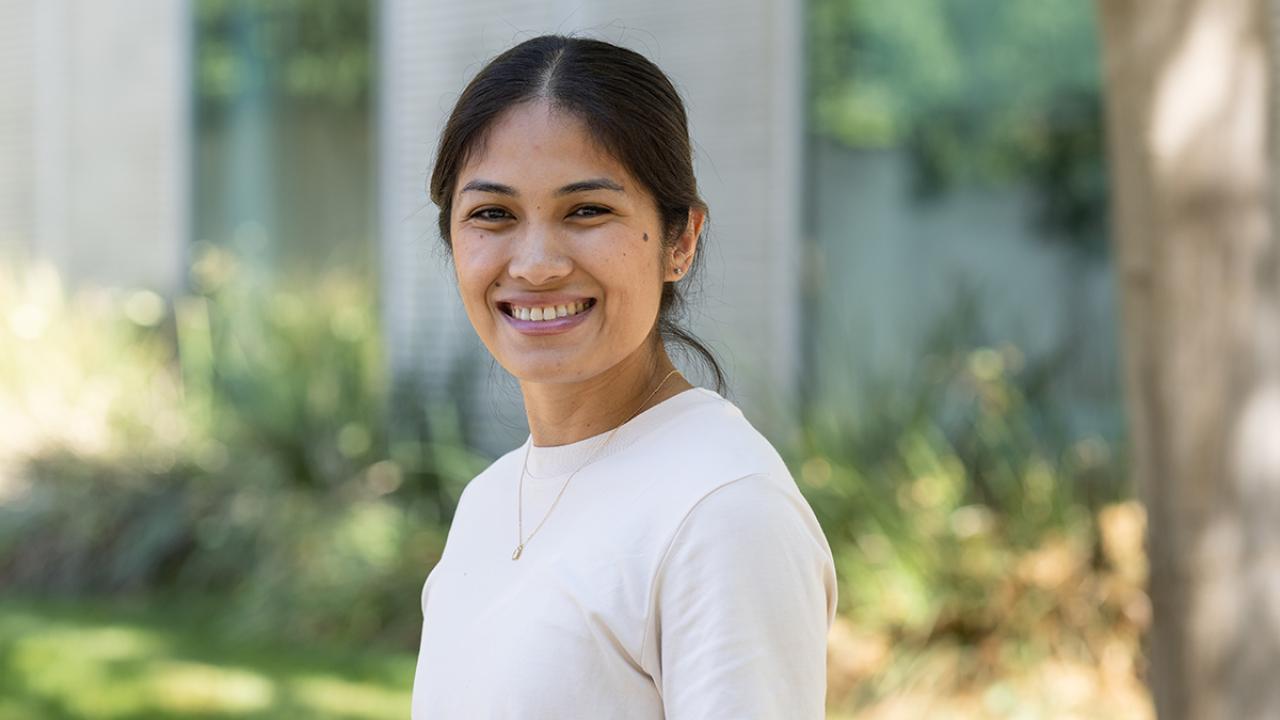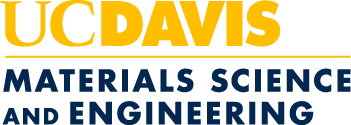
Erika La Plante Receives Award for Research Initiative in Sustainable Minerals, Metals and Materials
Erika La Plante, assistant professor of materials science and engineering at the University of California, Davis, is part of a cross-disciplinary team of early career researchers to receive an award in the first year of Scialog: Sustainable Minerals, Metals and Materials.
This year's Scialog — a portmanteau of science and dialog — is part of a three-year initiative that aims to spark advances in the mining, design, manufacture and disposal of materials needed to achieve a more sustainable and low-carbon energy system.
La Plante and each member of her team — Matthew Nava, assistant professor of chemistry and biochemistry at the University of California, Los Angeles, and Oscar Nordness, assistant professor in the Department of Earth and Environmental Engineering at Columbia University — will receive $60,000 from the Research Corporation for Science Advancement, or RCSA, the Alfred P. Sloan Foundation and the Kavli Foundation to fund their proposal, "Water-Free Silicate Activation for Valuable Metal Extraction."
La Plante's project aims to extract metals like iron and lithium from silicate rocks using little to no water.
"Current metal extraction processes are typically water-intensive and often generate reject streams that pose significant environmental impacts," said La Plante. "Several of the world's critical mineral sites are located in water-scarce regions, and withdrawal of large amounts of water, including brine, depletes local freshwater supplies."
La Plante and her team will build a clearer picture of how metal-rich silicates react in water-scarce conditions by analyzing what guides these changes and devise strategies that utilize light and electrical energy while minimizing or eliminating water consumption with a closed-loop process.
This project was developed at this year's Scialog, which brought together 50 Fellows selected from multiple disciplines, approaches and methodologies in a series of conversations designed to build a networked community, discuss challenges and gaps in current knowledge, and form teams to propose high-risk, high-reward projects based on ideas they develop during the conference.
Created in 2010 by RCSA, Scialog aims to accelerate breakthroughs by building a creative network of scientists that crosses disciplinary silos, and by stimulating intensive conversation around a scientific theme of global importance.
"Being part of this first Scialog on sustainable practices in minerals, metals and materials inspired me to think creatively — not only about innovative approaches and solutions but also about shaping research questions and objectives," said La Plante of her experience with Scialog. "It is inspiring to see ideas take shape organically when researchers from varied disciplines come together."
